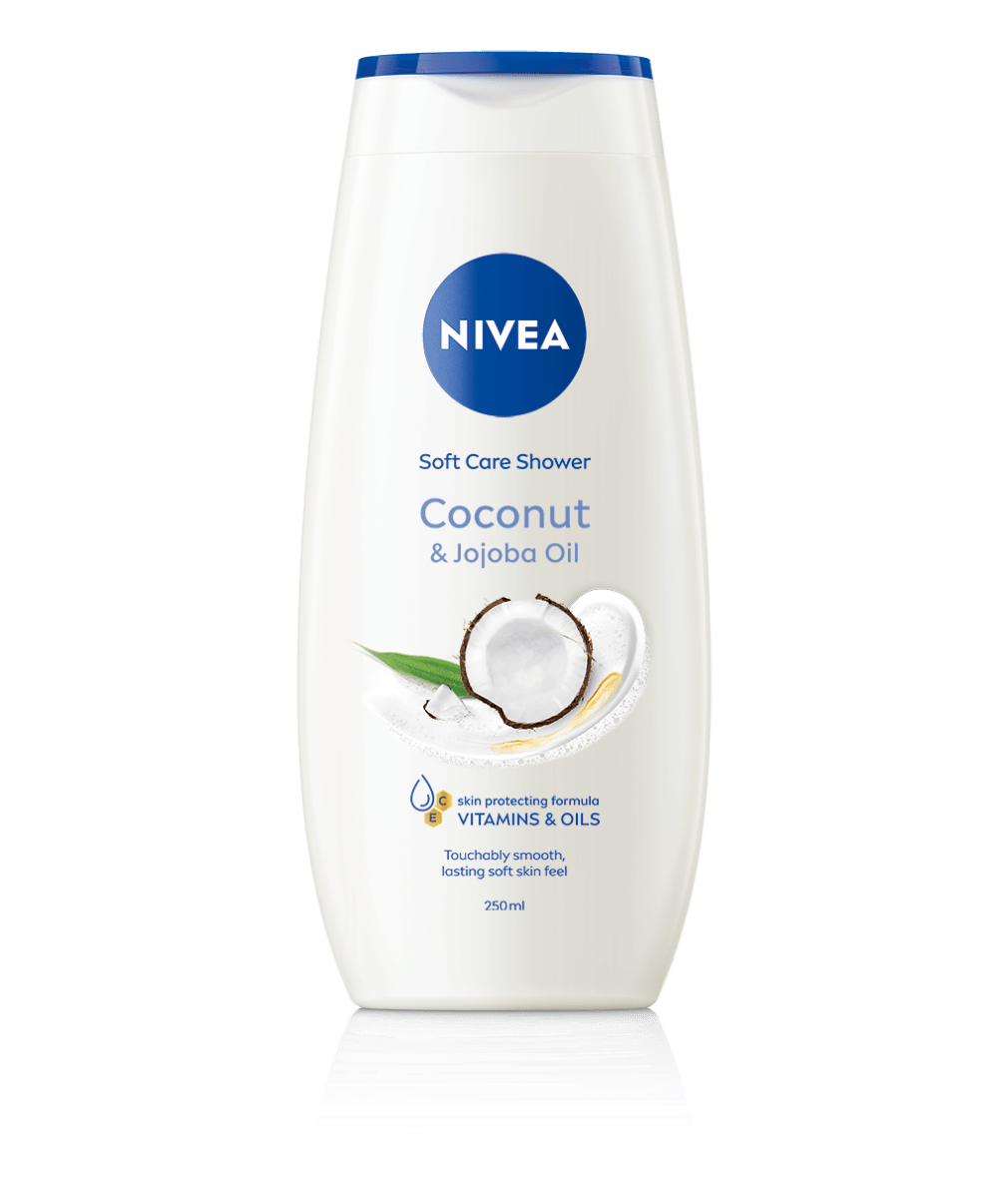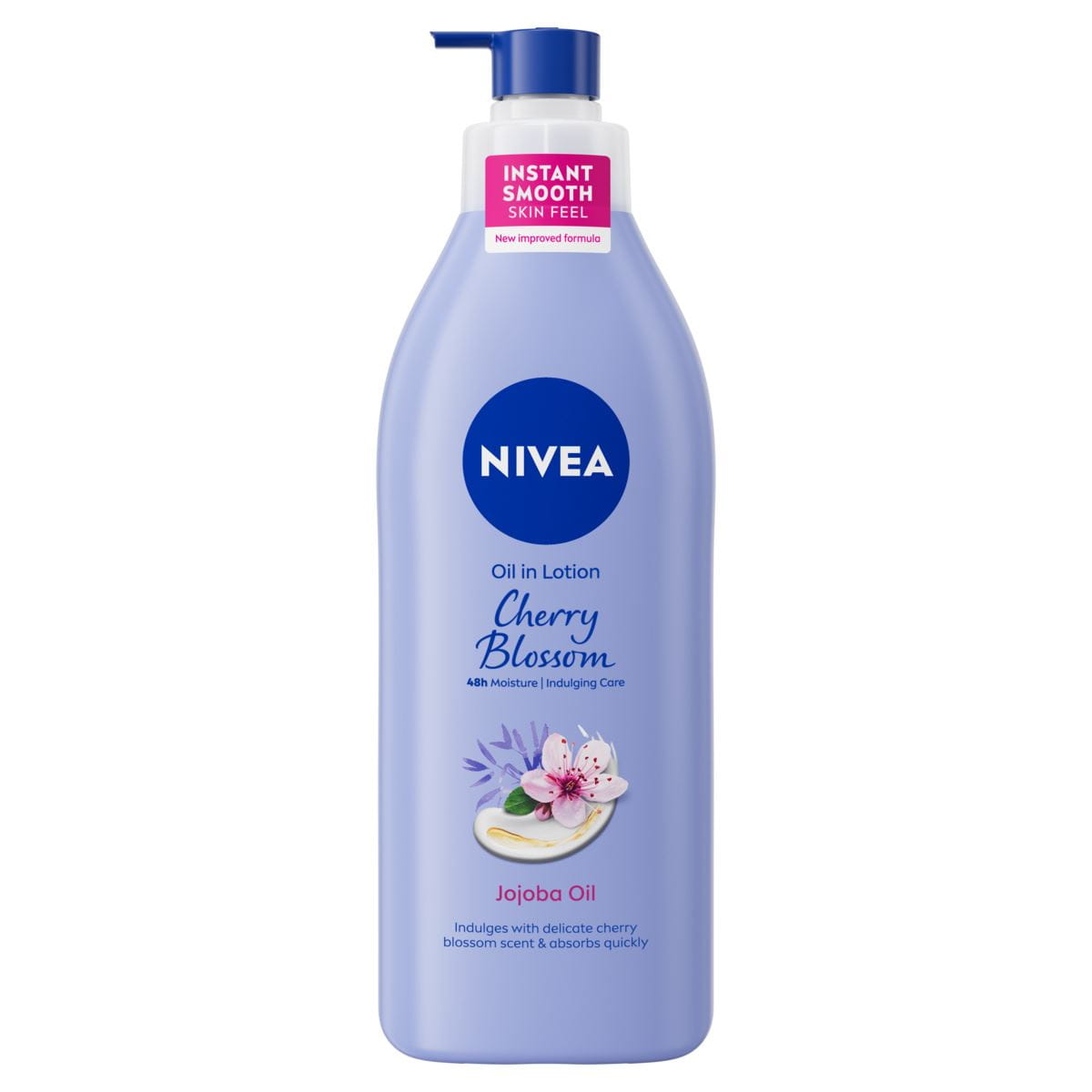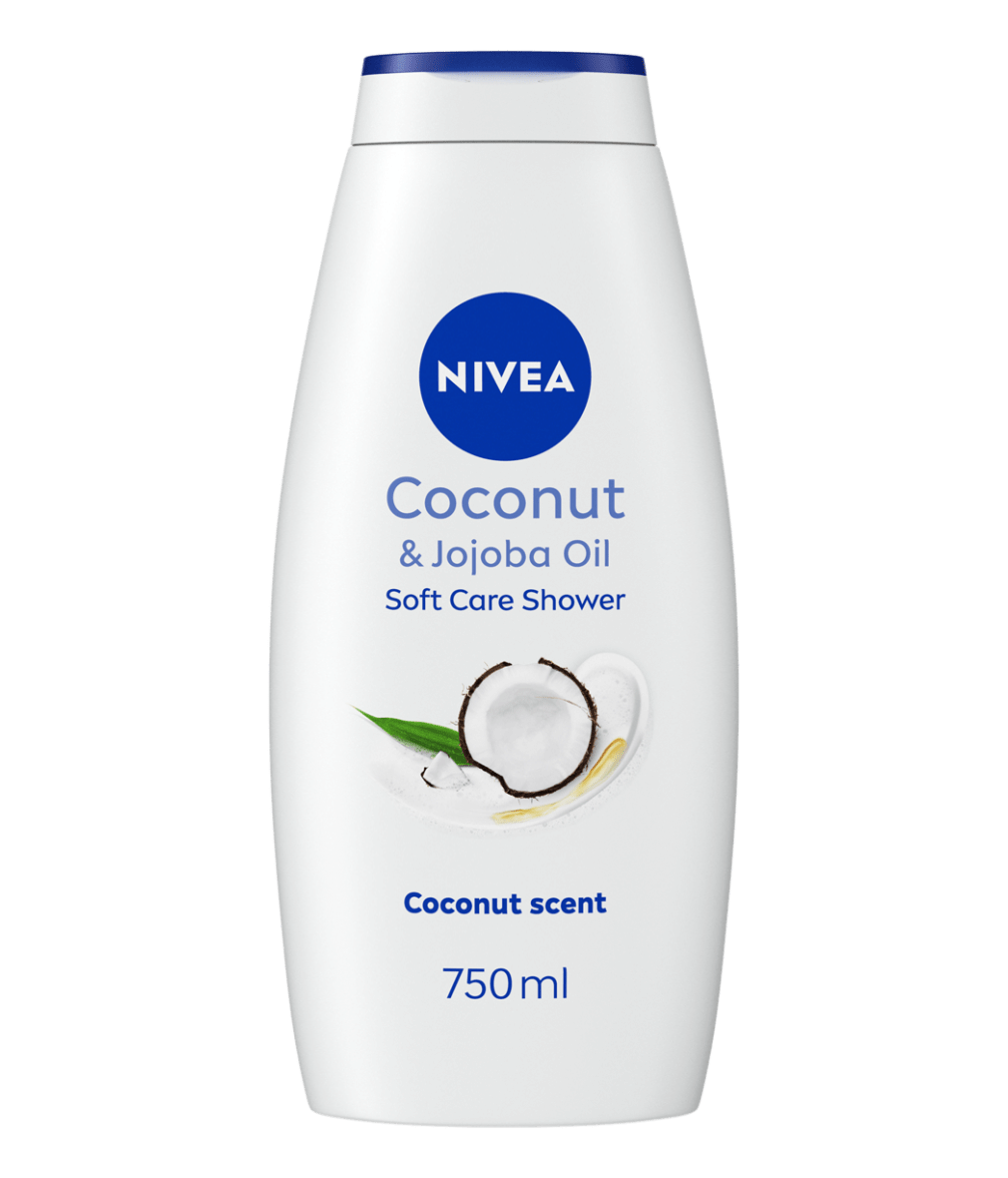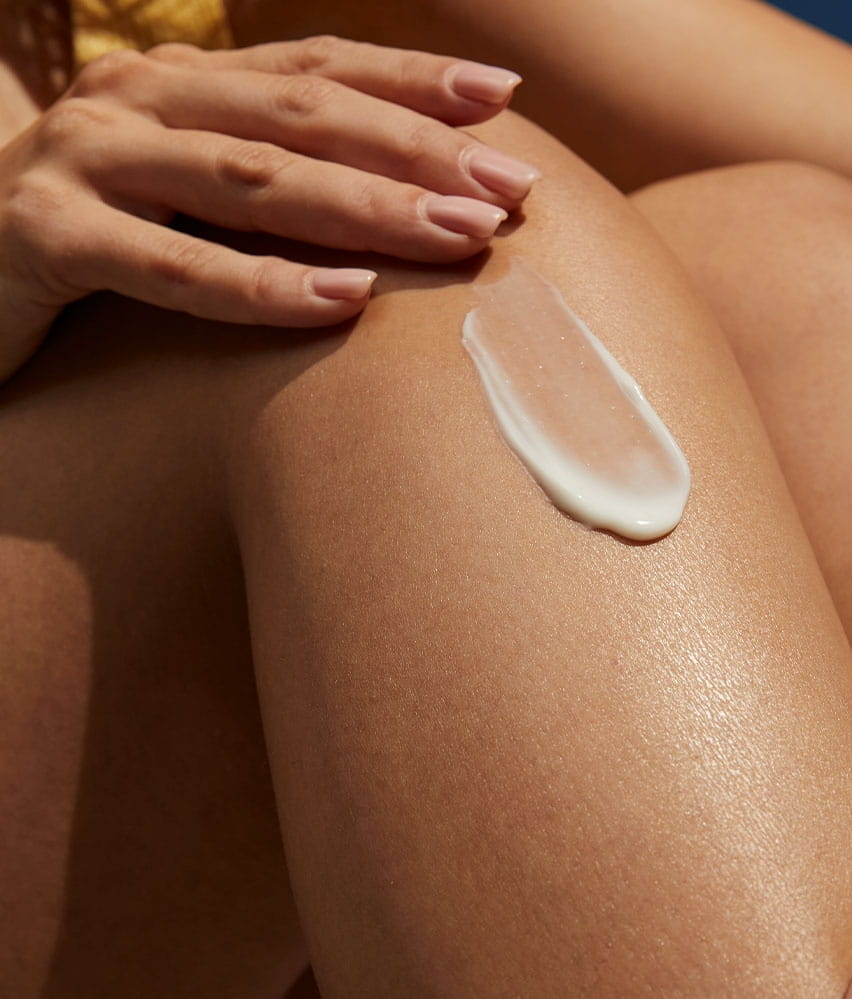
Jojoba Oil for Skin: Benefits and Uses
Uncover the 7 main benefits of Jojoba Oil and how to incorporate it into your skincare routine
7 Benefits of Jojoba Oil for Skin
Is Jojoba Oil good for the skin? When applied on its own or within skincare products, using Jojoba Oil for the face and body could have numerous potential benefits. Here are some key benefits that Jojoba Oil may have for the skin, however, it should be remembered that many of these benefits would need to be confirmed by further studies and that they generally apply to Jojoba Oil used neat and not necessarily to the formulations that contain it.
Hydration
Due to its waxy nature and its emollient properties, Jojoba oil forms a protective barrier that locks in moisture while shielding the skin from external aggressors, making it highly effective for dry skin.
Antioxidant Properties
The natural Vitamin E content in Jojoba Oil acts as an antioxidant, helping the skin combat oxidative stress caused by pollutants and toxins. This protective effect can also aid in soothing redness after being exposed to sunlight.
Non-Comedogenic & Blemish Control
Jojoba Oil has a composition quite similar to that of the skin’s natural sebum, so it can help dissolve the sebum contained in the skin's pores. This makes it an excellent option for skin prone to imperfections, as it helps to maintain hydration without clogging pores, thus limiting the risk of pimples appearing.
Anti-Inflammatory Properties
Recent studies have shown that Jojoba Oil may have useful anti-inflammatory properties for a range of skin conditions, particularly redness and irritation.
Soothing & Skin Repair
Known for its soothing and nourishing properties, Jojoba Oil is ideal for sensitive skin. It could help alleviate redness and irritation while supporting the skin’s natural healing process, making it a great choice for skin prone to dryness and irritation.
Effect of Collagen Production
Ex-vivo studies have shown that Jojoba Oil supports the production of Collagen, a protein which helps maintain skin elasticity. This effect could be useful in helping to reduce the signs of ageing.
Soothes Sunburn
Jojoba Oil's emollient properties could be beneficial in helping to soothe sunburned skin. The healing components help calm irritation and may prevent peeling, promoting faster recovery from sun exposure.
Uses of Jojoba Oil
Applying Jojoba Oil directly to the skin on its own
Jojoba Oil is easily absorbed into the skin and can be applied directly to the skin as-is. If you’re interested in exploring the use of Jojoba Oil to address specific skin conditions, be sure to consult with your dermatologist.
As an ingredient in moisturising lotions and creams
Since Jojoba Oil acts very similarly to our skin’s naturally moisturising oils, products containing Jojoba Oil like nourishing moisturising lotions may help to support the skin in maintaining moisture and help protect skin from drying out.
As a carrier oil for essential oils
Jojoba Oil can be used for applying essential oils to the skin. Concentrated essential oils cannot be applied pure to the skin. They must first be mixed with an oil, such as Jojoba Oil, which dilutes them so that they can be safely applied to the skin.
Applying directly to hair and nails
Jojoba Oil can be used as a cuticle oil or a leave-in hair conditioner.
Facts Overview
NIVEA & Jojoba Oil

Jojoba Oil vs. Argan Oil
Both Jojoba and Argan oils are popular in skincare, but they have distinct differences:
Source:
Jojoba Oil is derived from the seeds of the Simmondsia chinensis plant native to North America, while Argan Oil comes from the kernels of the argan tree (Argania spinosa) found in Morocco.
Composition:
Jojoba Oil is technically a liquid wax ester, whose structure resembles the components of human sebum, whereas Argan Oil is a mainly made up of Triglycerides (fatty substances composed of glycerol combined with 3 fatty acids) rich in Linoleic and Oleic Acids.
Scent:
Unrefined Argan Oil has a strong nutty aroma, whereas Jojoba Oil has a faint nutty or earthy scent, with refined versions being odourless and colourless.
Vitamins and Benefits:
Jojoba Oil and Argan Oil both contain Vitamin E and antioxidants. Given its similar composition to sebum, Jojoba Oil is more suitable for oily, blemish-prone skin and overall body care. Argan Oil, rich in Vitamin E, essential fatty acids, and Polyphenols, is best for dry or mature skin.
Texture & Absorption:
Jojoba Oil and Argan Oil both present a lightweight, fast-absorbing texture that hydrates without greasiness which makes them ideal for use on the skin as well as the hair.







